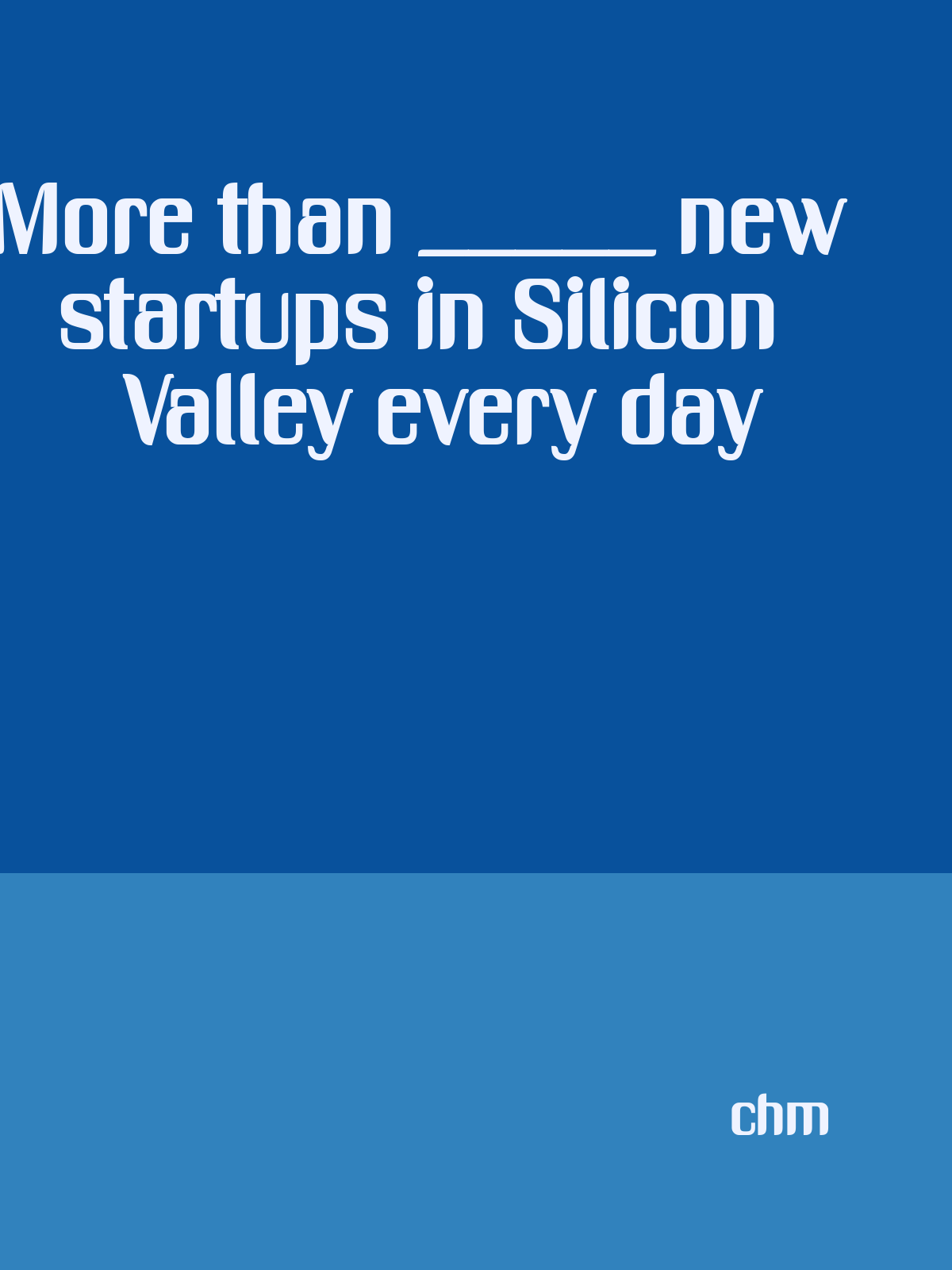

More than 500 new startups are created in the Silicon Valley region every day, according to a recent study. The average age of a startup founder in the region is 35 years old, and the average amount of money raised by a startup is $5 million. The region is also home to a growing number of unicorns – startups with a valuation of over $1 billion – with a current total of 26. Some of the world’s most famous tech companies, including Google, Apple, and Facebook, are also based in the Silicon Valley.

Telescopes are important tools in astronomy that allow us to see things that are otherwise too far away for the human eye to see. By collecting and focusing light, telescopes can help us to see things that are billions of light years away. Hubble Space Telescope, the James Webb Space Telescope, and the Keck Observatory are some of the most famous telescopes in the world.

Neural networks are a type of artificial intelligence that can be used to learn and make predictions on data sets that are too complex for traditional algorithms. Neural networks can also be used to build models that simulate the workings of the human brain, identify patterns in data, create artificial intelligence, and train robots to perform tasks.

1. The average cost of a start-up in Silicon Valley is $5,000. 2. The average amount of money raised by a start-up in Silicon Valley is $ 1 million. 3. The average number of employees in a start-up in Silicon Valley is 10. 4. The average amount of time it takes to start a business in Silicon Valley is 6 months. 5. The average number of hours worked per week in Silicon Valley is 60. 6. The average annual salary in Silicon Valley is $100,000.

The article covers the evolution of the internet from the first computer bug to the first online bank. It includes facts about the first email, website, domain name, and chat room.

The World Wide Web has come a long way since it was first created in 1990. Today, we use it for everything from browsing the internet and conducting searches to social networking, online shopping, and even dating.

The telescope has been used for centuries to make new discoveries about our universe. Notable accomplishments include finding Jupiter's moons, Saturn's moon Titan, the planet Uranus, and the planet Neptune. In 1930, the planet Pluto was discovered using a telescope.